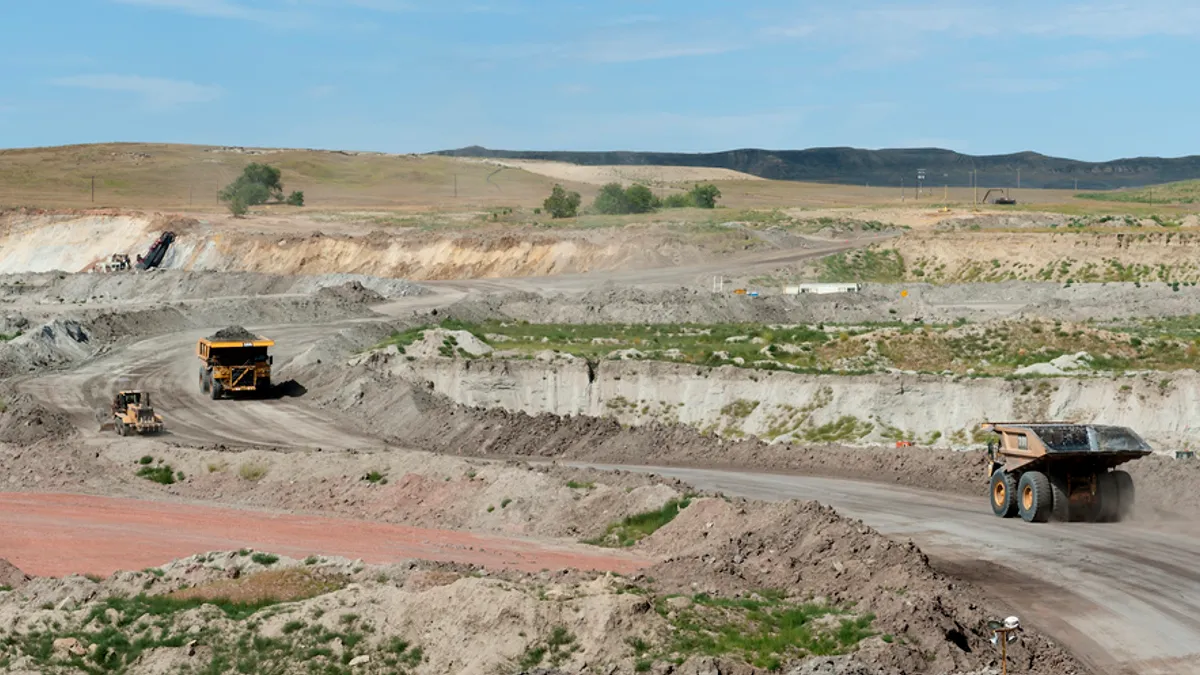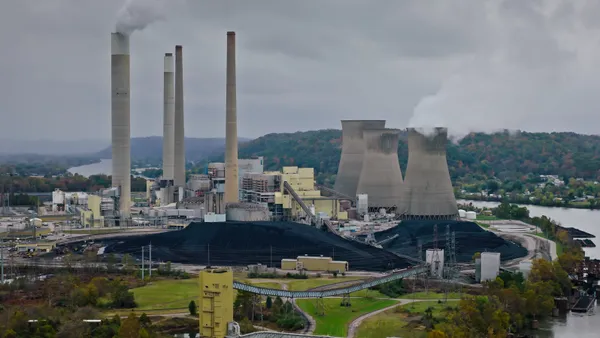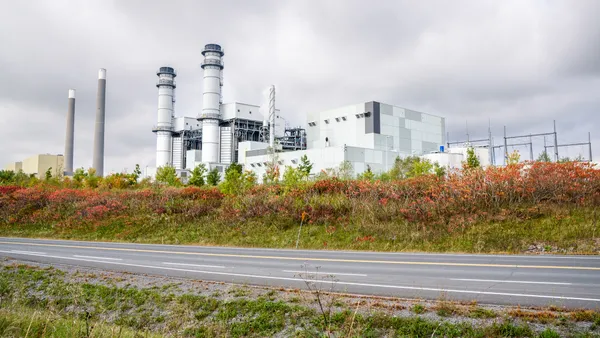Dive Brief:
- An Australian-based company developing an underground coal gasification project in Wyoming has filed for bankruptcy, after a focus on asset acquisition was thrown off by falling oil prices, SNL Energy reports.
- Linc Energy subsidiaries on May 29 filed petitions in the United States Bankruptcy Court for the Southern District of Texas.
- Underground coal gasification depends on burning coal below the surface and is then extracted as a gas. While the process is used globally it has never been widely explored in the United States, with Wyoming being the first such venture. Instead, utilities in the U.S. have built coal gasification plants, such as Kemper, seeking to do the same thing to convert coal into gas by removing impurities like sulfur and mercury in an effort to save coal as a fuel resource.
Dive Insight:
Linc Energy is scrapping its plans for a Powder River Basin underground coal gasification project, plagued by low oil prices that left the company's finances precarious and hurt by unsuccessful drilled wells.
The company says its proprietary underground gasification technology is a method of converting stranded coal resources into a valuable "synthesis gas," and that it owns and operates the world’s longest running commercial UCG operation in Uzbekistan, supplying gas to a nearby power plant.
SNL Energy reports on a declaration filed by Jude Rolfes, vice president of corporate development for Linc: "The debtors discontinued their drilling program and initiated a low capital expenditure program by which they sought to minimize capital expenditures by selecting well reworks, well recompletions and new well drilling based on a rigorous economic analysis," he wrote. But last year, as oil prices declined, the company was unable to stay afloat.
Craig Ricato, managing director and CEO of the company, resigned in April as the restructuring process was underway. He will pursue "other business opportunities," said the company.
The company's assets are between $50 million and $100 million, but its liabilities could reach $500 million.














